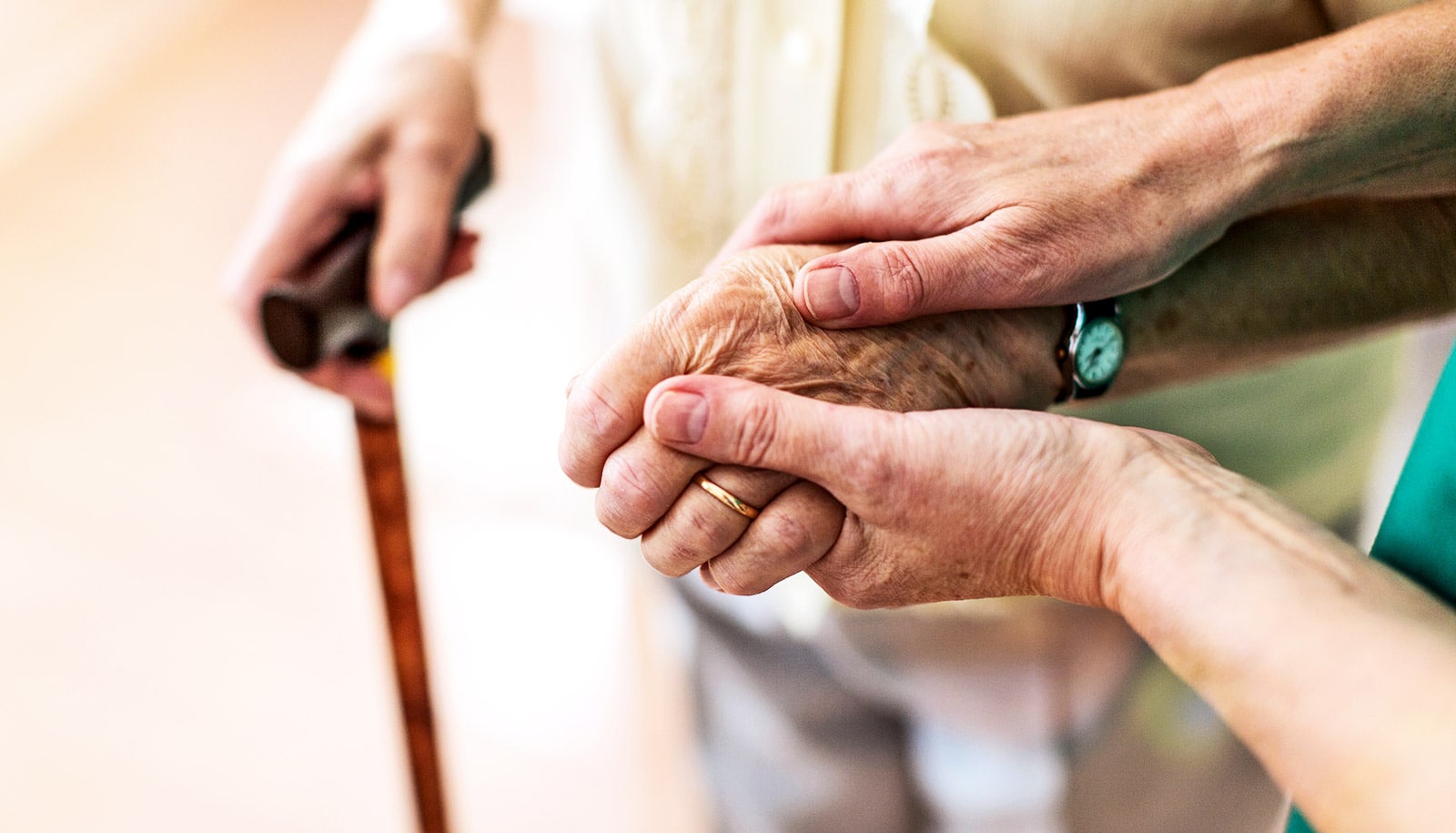New research finds striking differences in the mortality rate of older Americans within a year of having major surgery.
These differences were particularly pronounced for geriatric-specific conditions such as frailty or dementia.
The findings have major implications for the way US health care providers and policymakers think about major surgery in certain subgroups of older persons and how providers manage pre-operative and post-operative care for people who are age 65 and older.
“Our findings define the scope and scale of mortality after major geriatric surgery in the US,” says Thomas M. Gill, professor of geriatric medicine at Yale University and lead author of the study, published in JAMA Surgery. “They suggest a mixed landscape of surgical quality and safety among older persons.”
Overall, according to the study, nearly 1 in 7 older Americans not living in a nursing home died in the year after major surgery, including more than 1 in 4 who were frail and nearly 1 in 3 who had probable dementia.
By comparison, the expected 1-year mortality rate for the study population was less than 1 in 20 had they not undergone major surgery.
“These numbers highlight the prognostic importance of geriatric conditions such as frailty and dementia, two key determinants of health and well-being in older persons,” Gill says.
The findings also point to the critical need to take such conditions into consideration prior to major surgery, the researchers say.
“With improved preoperative optimization and recognition as well as enhanced perioperative management strategies, it is possible that mortality after major surgery could be reduced among older persons, especially those in high-risk subgroups,” says senior author Robert D. Becher, assistant professor of surgery.
For the study, researchers looked at 1,193 major surgeries identified from 992 fee-for-service Medicare beneficiaries, from the National Health and Aging Trends Study (NHATS), from 2011 to 2018. Information on frailty and dementia came via annual NHATS assessments. Information about surgeries and mortality came via data from the Centers for Medicare & Medicaid Services.
The study was conducted at the Yale Claude D. Pepper Older Americans Independence Center. The National Institutes of Health and the National Institute on Minority Health and Health Disparities funded the work.
Source: Yale University



